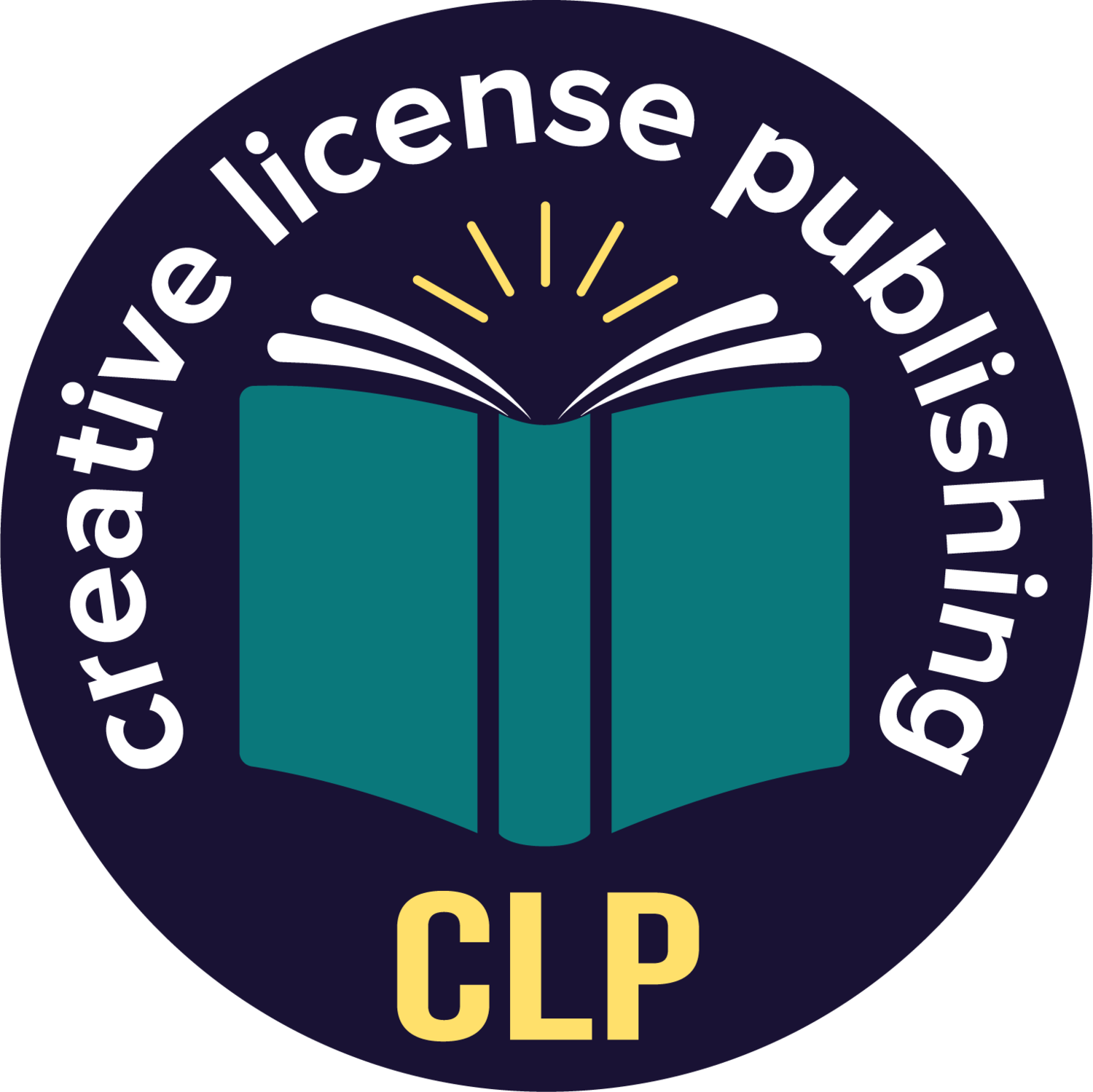The Blueprint
If you didn’t get a chance to read our last blog on idea development, then go back and do so. The information we guide you to find will be needed for creating an outline. Your outline will be the blueprint for your book. Just as you wouldn’t build your home without a blueprint, you shouldn’t build your story without an outline. Note I used the word shouldn’t. You technically can write without one but the quality of what you produce and the ease at which you will write and edit will be compromised. As with any endeavor, you should start by setting yourself up for success!
Let’s get started. Here are the points to be included in your outline:
- Goals/objectives (productivity/publication/reader reaction)
- Size – word count/pages
- Target Market – Who will your readers be?
- Plot/subplots/hooks
- Genre – ie. Science or historical fiction, romance, fantasy, crime etc.
- Character list – Name your characters and include physical and intangible characteristics that will distinguish them; voice, role, beliefs, and intended reader reactions
- Period – present day or other (past);
- Voice – first person, third person – (Second person is more non-fiction where the author refers to the reader as you)
- Introduction/Preface/Prologue: The introduction and preface are more for non-fiction; they talk about the overview of the content and how the book came to be; the prologue is fiction, and it gives background information….all are optional.
- Chapters with a basic idea of what you will cover in each and including conclusion.
- An epilogue is at the very end and answers any open questions for the reader…optional.
Once you complete your outline, go back and set your writing goals for each chapter. By setting goals, you can then hold yourself accountable and motivated to move forward. If you download our freebie on this website, you will see that we’ve created a space for goals to be written in. We’ve worked with many writers, but the ones who become authors are the ones who set goals, stay focused, and are motivated. If you struggle with this aspect, even if you set goals, reach out to us or join a local writing group. We offer private coaching or online writing groups where we hold our writers accountable and help them cross that finish line, but a local writing group that meets weekly will work as well.
****
In the end, outlining is less about the form and more about the substance. No one will be grading your outlining skills. It’s simply a critical tool for completing your manuscript. As you start, know that the first draft, or “ the ugly copy,” is just about telling the story and making sure you write everything you envisioned for that chapter. The outline will be your guide to staying on point. If inspiration causes you to deviate, that’s fine. Creativity should rule the process and the outline is merely a guide toward the finish line!
Happy Writing!
